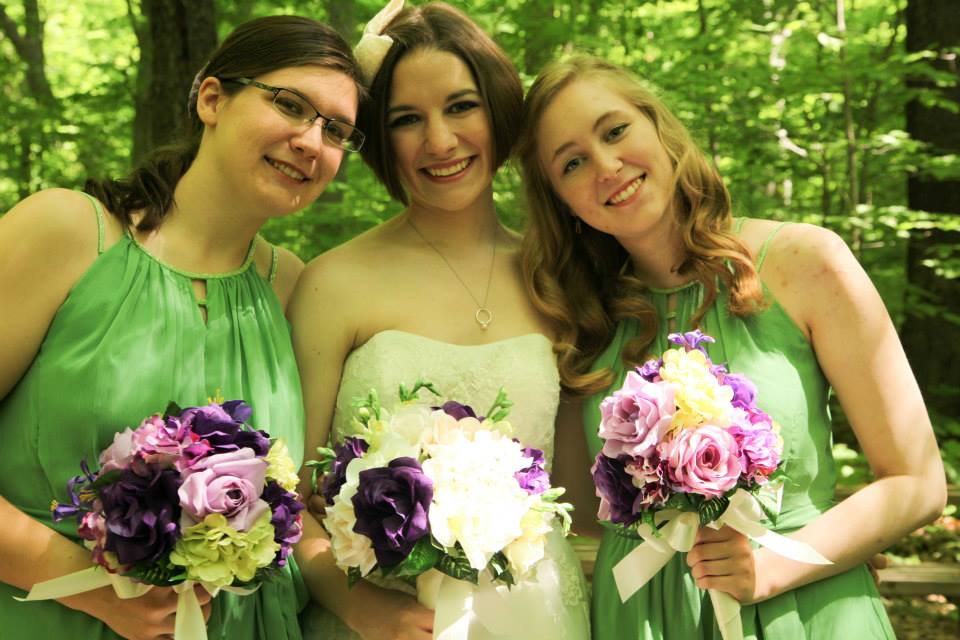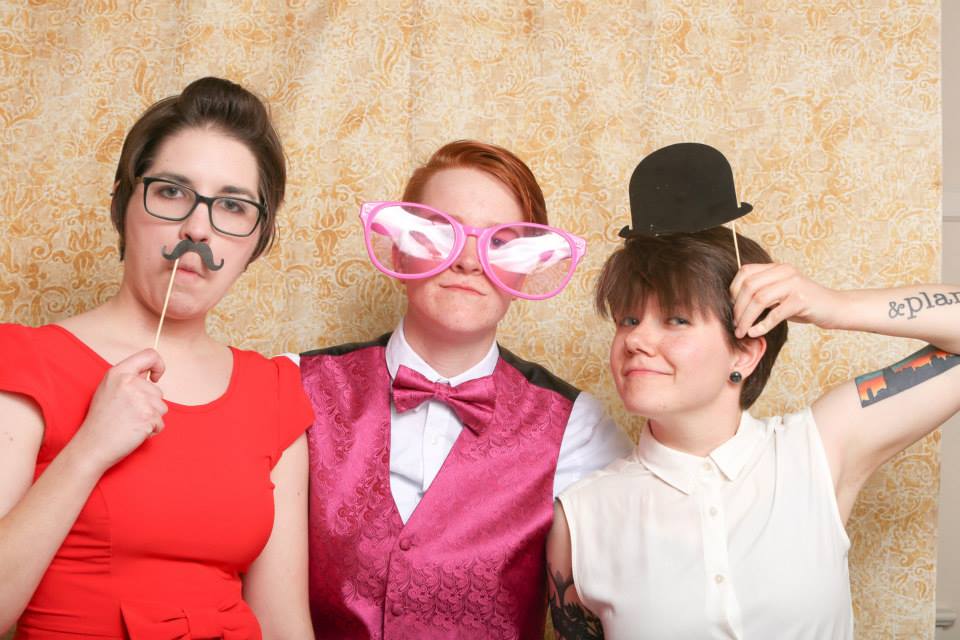“From Generation to Generation…We Tell the Story”
Preached Saturday, December 24, 2022/Xmas Eve
For many people, a central way to observe Christmas - right up there with exchanging gifts, family get-togethers, and candlelight Christmas Eve services…is watching and re-watching our favorite Christmas movies.
What are people’s favorite Christmas movies - one you have to watch every year? Go ahead, shout them out, share with each other. What are your favorite Christmas movies?
Let congregation answer.
So now we ask - why are these our favorite Christmas movies? I’d venture to guess it’s the way they make us feel. The nostalgia, the warmth, the feel-goodness. And I’d also venture to guess that it’s the message they share with us: a message often of goodwill to our fellow humans, of generosity, of righting wrongs, of hope for a better future.
My favorite Christmas movie is A Christmas Carol …actually, it’s A Muppet Christmas Carol which celebrated its 30 year anniversary this Christmas season. Along with the classic Dickens Christmas ghost story we get shenanigans from Gonzo and Rizzo. But really, any re-telling of A Christmas Carol is going to be near the top of my Christmas story favorites.
Just this week I watched Spirited starring Will Ferrell and Ryan Reynolds which follows Scrooge, now dead and having filled the role of Christmas Present trying to redeem a media specialist who excels at causing outrage and division for the gain of his clients - a man who has been deemed “Unredeemable.”
We might think - another retelling of A Christmas Carol? Does this story really need to be told again? When you Google “How many adaptations of ‘A Christmas Carol’ are there?” The wikipedia page lists 33 film adaptations of the movie! And that’s not even counting the other mediums of theater and tv. Why do we tell this story over and over? And I think it’s beyond that Hollywood is out of original ideas. We tell the story over and over because we need to hear that every single one of us is redeemable. We need to hear that no one is beyond change. We need to hear that deep down at our core, we are all good
And that’s a message that is worth telling and re-telling, through books and movies and musicals and with muppets and in every way we can.
Which brings me to another Christmas story that is worth telling and re-telling, over and over again, in every way we can, and at all the times we can - and a hint, we’ve already told it once tonight: the story of Christ’s birth.
This is the story that drew each of us here tonight. This is a story that we continue to come back to. That holds a certain place in our hearts and our lives. And just like in A Christmas Carol, the story we tell over and over isn’t just about the facts. It isn’t just that it took place in Bethlehem. It isn’t just that the child was born of Mary and that they named him Jesus. It isn’t just that baby Jesus was laid in a manger. It isn’t even that angels proclaimed his birth. It isn’t the story itself, if you will, but it’s the power behind the story, the way it makes us feel, the message it gives us.
When we hear the Christmas story…I would venture to say that it gives us hope. It gives us a sense of peace - perhaps it even empowers us to work toward peace. It gives us contagious joy. It fills us with love.
Why do we get chills every year when we light the candles and sing Silent Night? Why do I fight back tears every year when I look out at all of you, holding little lights in the darkness, singing the story we know so well.
Why has this story, THE Christmas story, been told over and over again for the over 80 generations since Christ’s birth?
Each and every generation, no matter what they are living through, no matter what war, what trial, what recession, what disaster… no matter what answers they are seeking…when we turn to this timeless story, we find a story that we need to hear.
A story of hope, peace, joy, and love.
A story of God-with-us.
A story of God loves you.
A story of God who so loved the world that God came among us.
A story of God who changes the world…
Changes the world through a baby,
Through miracles,
Through wonder,
Through triumph in the midst of trauma.
This is the Christmas Story. Behind the details of Christ’s birth, behind the narrative, behind whatever way we tell it - whether it’s from reading the Scripture, the stories we tell our children and grandchildren, or through singing about it in Christmas carols - beyond the story is a message we all need to hear:
That God loves you and God loves me and God loves us all so much that God came to earth in the form of a babe, to live and love as one of us, among us, to share God’s radical message of hope, and peace, and joy, and love with all world - a message we all long to hear.
So this Christmas, tell the story.
Pass it on through the generations.
And in the telling and hearing of the Christmas story, may your heart hear the message behind the story: That God is With Us and God loves you.
Merry Christmas! Amen.
Why has this story, THE Christmas story, been told over and over again for the over 80 generations since Christ’s birth?
Each and every generation, no matter what they are living through, no matter what war, what trial, what recession, what disaster… no matter what answers they are seeking…when we turn to this timeless story, we find a story that we need to hear.
A story of hope, peace, joy, and love.
A story of God-with-us.
A story of God loves you.
A story of God who so loved the world that God came among us.
A story of God who changes the world…
Changes the world through a baby,
Through miracles,
Through wonder,
Through triumph in the midst of trauma.
This is the Christmas Story. Behind the details of Christ’s birth, behind the narrative, behind whatever way we tell it - whether it’s from reading the Scripture, the stories we tell our children and grandchildren, or through singing about it in Christmas carols - beyond the story is a message we all need to hear:
That God loves you and God loves me and God loves us all so much that God came to earth in the form of a babe, to live and love as one of us, among us, to share God’s radical message of hope, and peace, and joy, and love with all world - a message we all long to hear.
So this Christmas, tell the story.
Pass it on through the generations.
And in the telling and hearing of the Christmas story, may your heart hear the message behind the story: That God is With Us and God loves you.
Merry Christmas! Amen.



